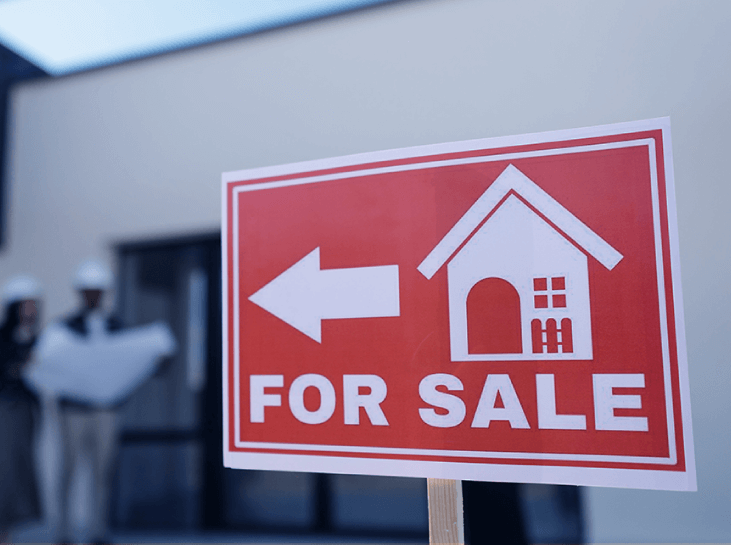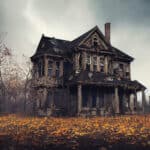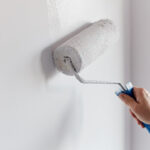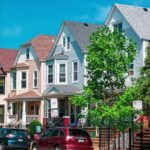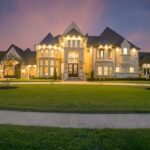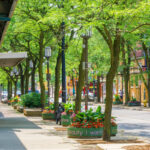Have you ever experienced that jaw-dropping moment when you spot a charming house and then take a wild guess at its price? The answer often lies just a few clicks away on platforms like Zillow, where reality can swiftly shatter your perception of home values. Welcome to the unpredictable world of American real estate, where prices continually soar.
All Star Home surveyed Americans in the most populous U.S. cities, prompting them to guess home prices in their own communities. Read on to discover where in America people have the best and worst home value intuition.
Key Findings
- San Francisco locals excel in home price intuition, but Chicago residents fare the worst.
- Charlotte, NC, ranks #1 for underestimating home prices.
- El Paso, TX, tops the list for overestimating home prices.
- People in Nashville are the most surprised by how high home prices are in their area.
- The majority (86%) are surprised at how high home prices are in their area.
For Americans, Guessing Home Prices Is a Game
As Americans pass by homes with “for sale” signs, 65% engage in a quiet guessing game, estimating the listing price behind those front doors. This pastime resonates most with nearly 3 in 4 Gen Zers (73%) indulging their curiosity, followed closely by 70% of the boomer generation.
Gen Xers (65%) and millennials (62%) aren’t far behind, demonstrating a collective fascination with the real estate market. Interestingly, the urge to guess house prices is marginally stronger among women, with 68% partaking, compared to 63% of men.
The guessing game is particularly popular in certain cities. San Jose residents lead the charge with an impressive 84% partaking in such speculation, followed by folks in Charlotte (76%) and Fort Worth (74%).
Beyond mere speculation, about one-third of Americans actively educate themselves on local housing markets, looking up prices online at least monthly. Boomers top this trend at 36%, followed by millennials (30%), Gen X (28%), and Gen Z (22%), who also keep a watchful eye on market trends.
In terms of regional enthusiasm, Charlotte inhabitants are the most diligent, with 44% routinely checking home prices online, a trend mirrored by the residents of Denver and Boston, both at 39%.
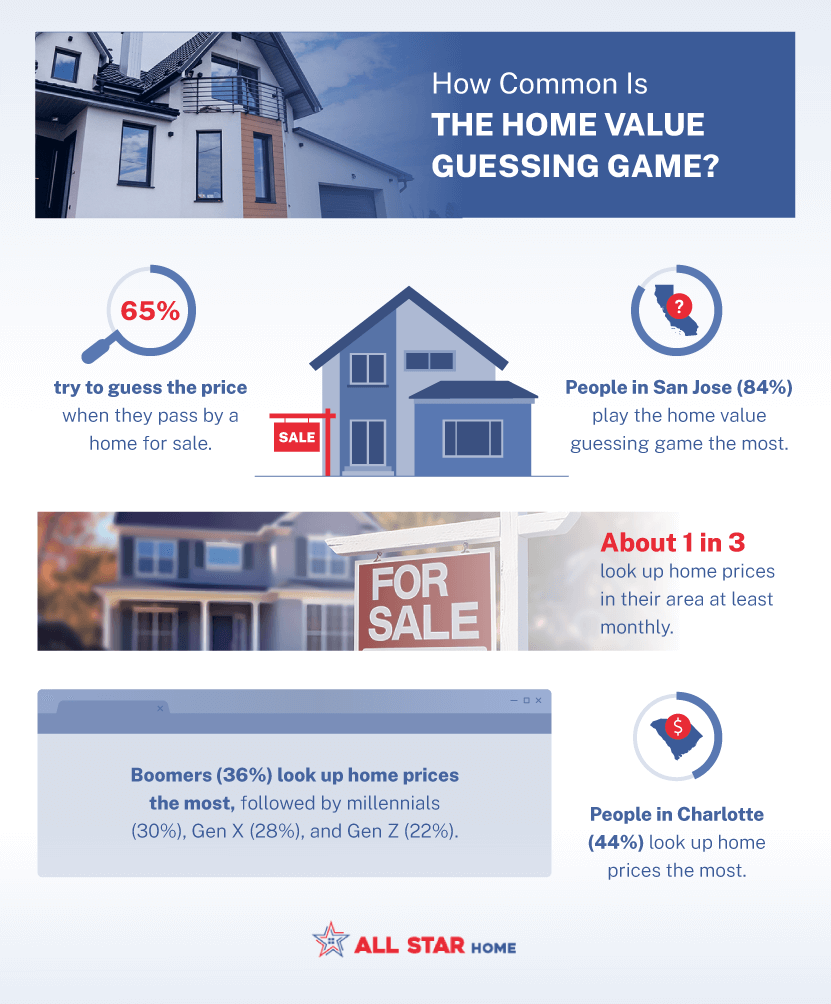
These Cities Have the Best Home-Value Intuition
To find out where Americans have the keenest sense for home prices, we asked survey participants to guess the prices of three homes within their own urban backyards. The selection criteria for these dwellings were twofold: They resided in the most populous cities and were situated in desirable, sought-after neighborhoods — a fact made known to participants to inform their estimations.
As they entered their best guesses, the survey method was akin to a game, where accuracy translated to points. If a participant’s guess was off the mark, points were deducted depending on the degree of deviation from the actual price, whereas perfect matches were rewarded. These points then laid the foundation for each city’s rank on a 100-point scale.
The scoring is categorical, with a score of 70 or above signaling a strong intuition for property valuation. Scores that fall between 41 and 69 are deemed average, and scores at 40 or below indicate a less-developed sense for the market pulse, where participants’ estimates strayed significantly from reality.
The results paint a clear picture: San Francisco, Las Vegas, and Fort Worth residents demonstrate top-tier property-value intuition, suggesting an almost intrinsic understanding of their local real estate markets.
Chicago, Charlotte, and Dallas are at the other end of the spectrum, where residents’ guesses are most misaligned with actual market values. This hints at a less attuned sense of local property worth among residents in these cities.
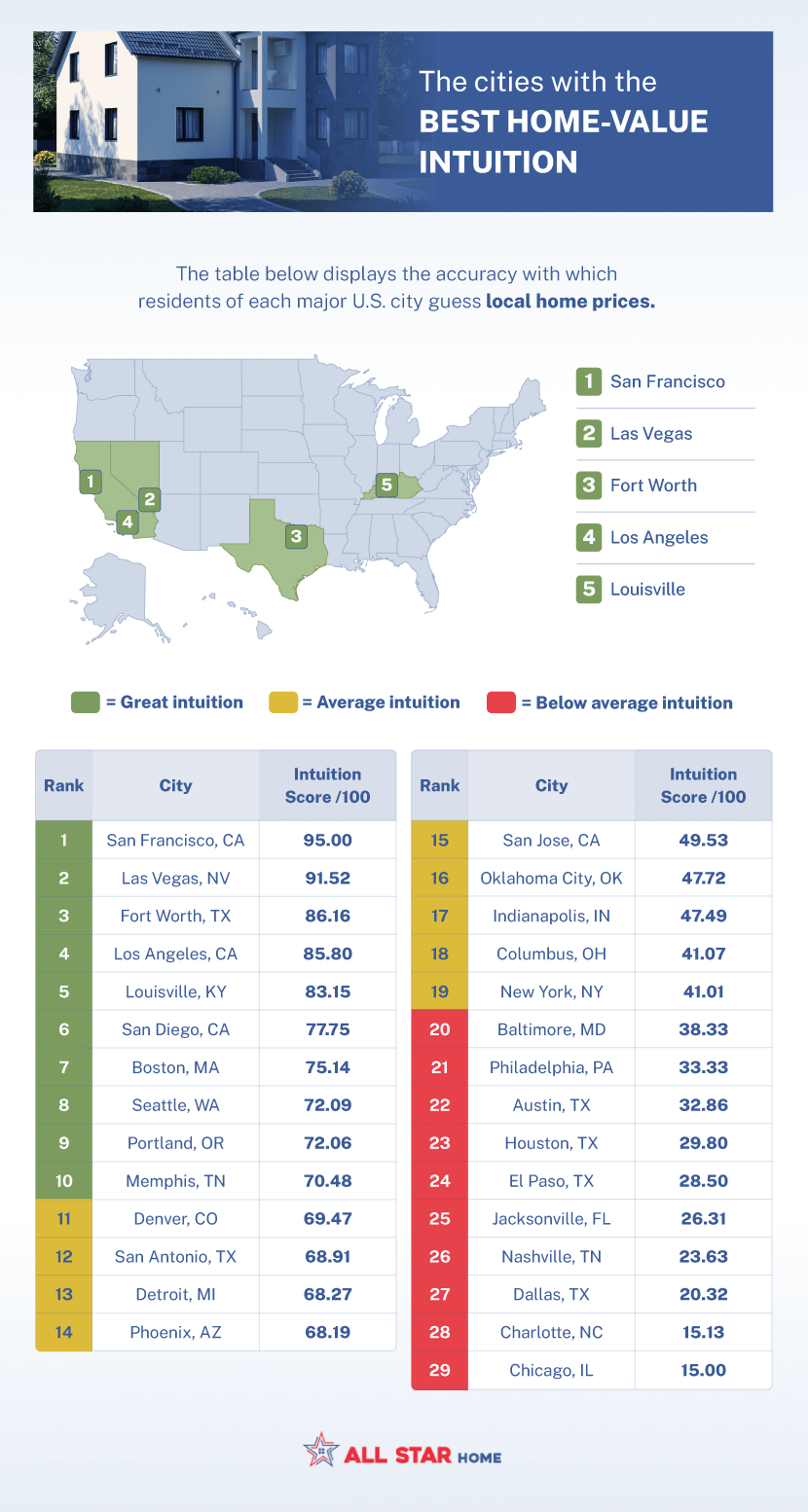
Charlotte and Chicago Homes Are Priced Much Higher Than Residents Think
A significant 72% of Americans have been found to undervalue the cost of homes within their own cities.
This trend is particularly pronounced in certain urban areas, with Charlotte and Chicago leading the way. In both these cities, a staggering 96.67% of guesses fell short of actual home prices, followed closely by Dallas at 93.20%.
For folks in Charlotte, this tendency may be rooted in its historical context. Only seven years ago, the Queen City was touted as one of America’s most affordable cities for homebuyers. This perception appears to linger in the collective consciousness of its residents, even though Charlotte has experienced a dramatic escalation in property values in recent years.
Conversely, there are cities where residents tend to overshoot the mark in their home price estimates. El Paso tops this list with 57.14% of guesses over the actual home prices, followed by Oklahoma City (49.02%) and Fort Worth (48.67%).
Notably, El Paso has the lowest average home price among the cities analyzed, at just under $398,000. Yet, people there tend to think housing costs more than it does.
This contrast between underestimation and overestimation highlights the difference between public perception and the housing market’s reality.
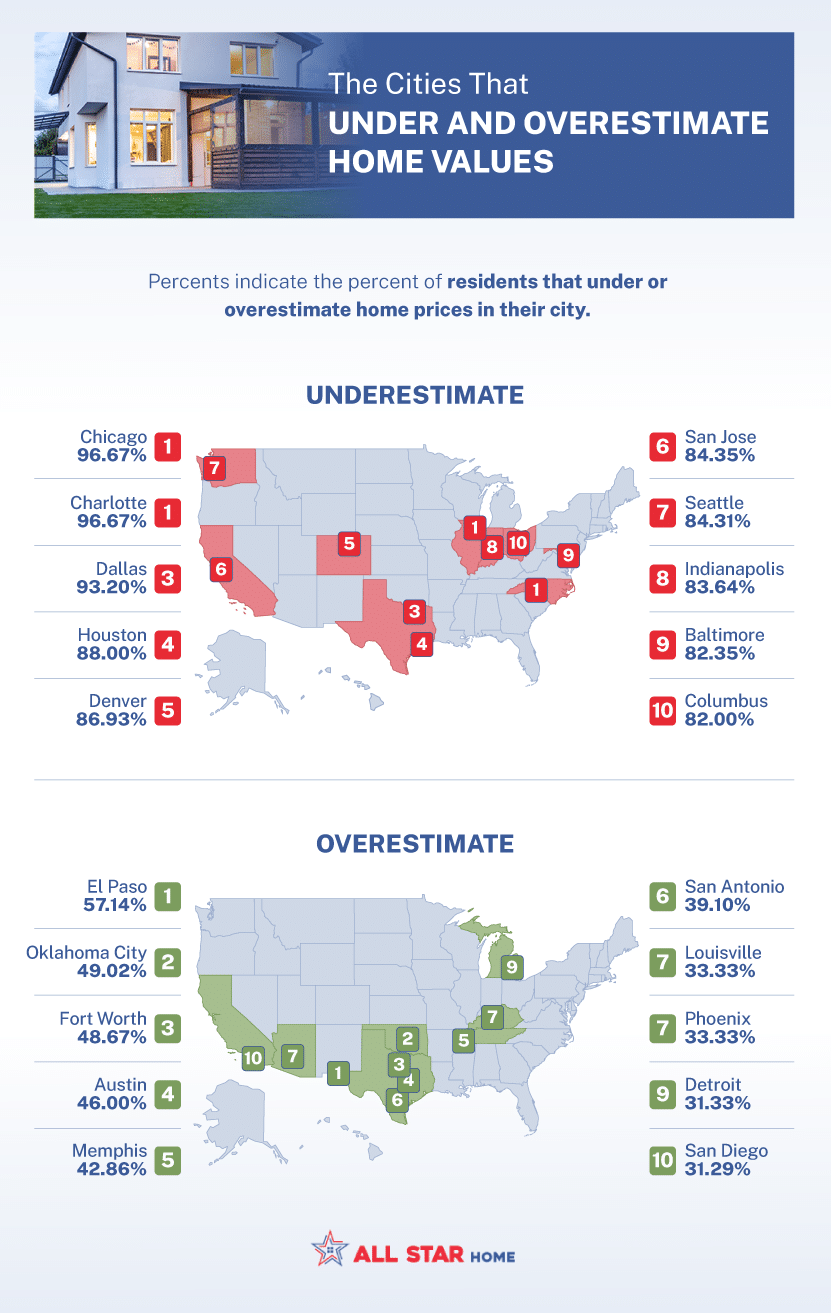
These Cities Had the Most Exact Guesses
San Francisco emerges as a standout in the realm of real estate savvy. This city boasts the most exact matches (12.42%) in home-price guessing out of all our cities.
This accuracy is particularly notable considering that the city’s average listing price in desirable neighborhoods stands at a steep $1,720,000.00, the highest among the cities surveyed. Surprisingly, the majority (71%) of San Franciscans exhibit little shock at high home prices, aligning with their on-the-nose estimations and the area’s soaring real estate figures.
This trend of precise guesses is not isolated to San Francisco alone, though. It’s echoed in the statistics of two other High Cost of Living (HCOL) areas: San Diego and Los Angeles, where 9.52% and 9.33% of guesses, respectively, hit the mark exactly.
However, it’s important to note the overall low percentages of exact guesses, which signal a broader truth: for most people, accurately pinning down home prices is quite challenging. Despite the heightened accuracy in HCOL areas, the skill of precise home price prediction is relatively rare, pointing to the unpredictable nature of real estate markets.
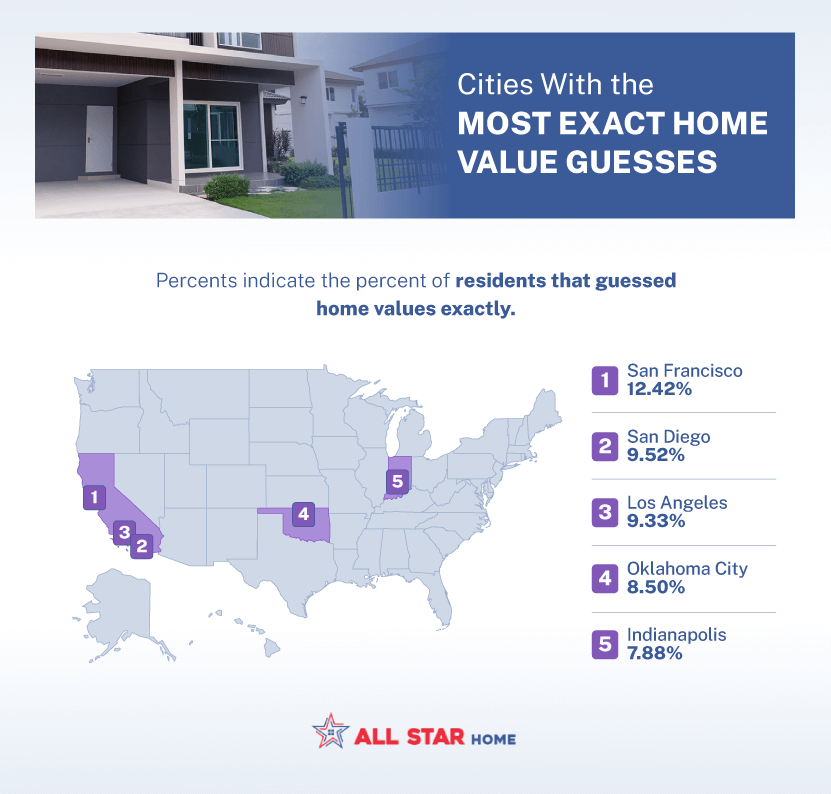
Nashville Is the Most Surprised by Home Prices
The residents of Nashville, Denver, and Jacksonville share a common reaction to their city’s real estate market — they are overwhelmingly taken aback by the steep prices of homes in their cities, with more than 96% expressing surprise.
On the flip side, San Franciscans (70.59%) show the least surprise regarding high housing costs, likely a byproduct of their already heightened awareness of home prices. Oklahoma City and New York follow suit, with 76.47% and 78.00% of their residents, respectively, showing no surprise.
When considering the national picture, a vast majority (86%) find themselves stunned by the soaring prices in their cities. This national trend cuts across generational lines with boomers (91%) most surprised by high home prices, followed by millennials (87%), Gen X (85%), and Gen Z (84%).
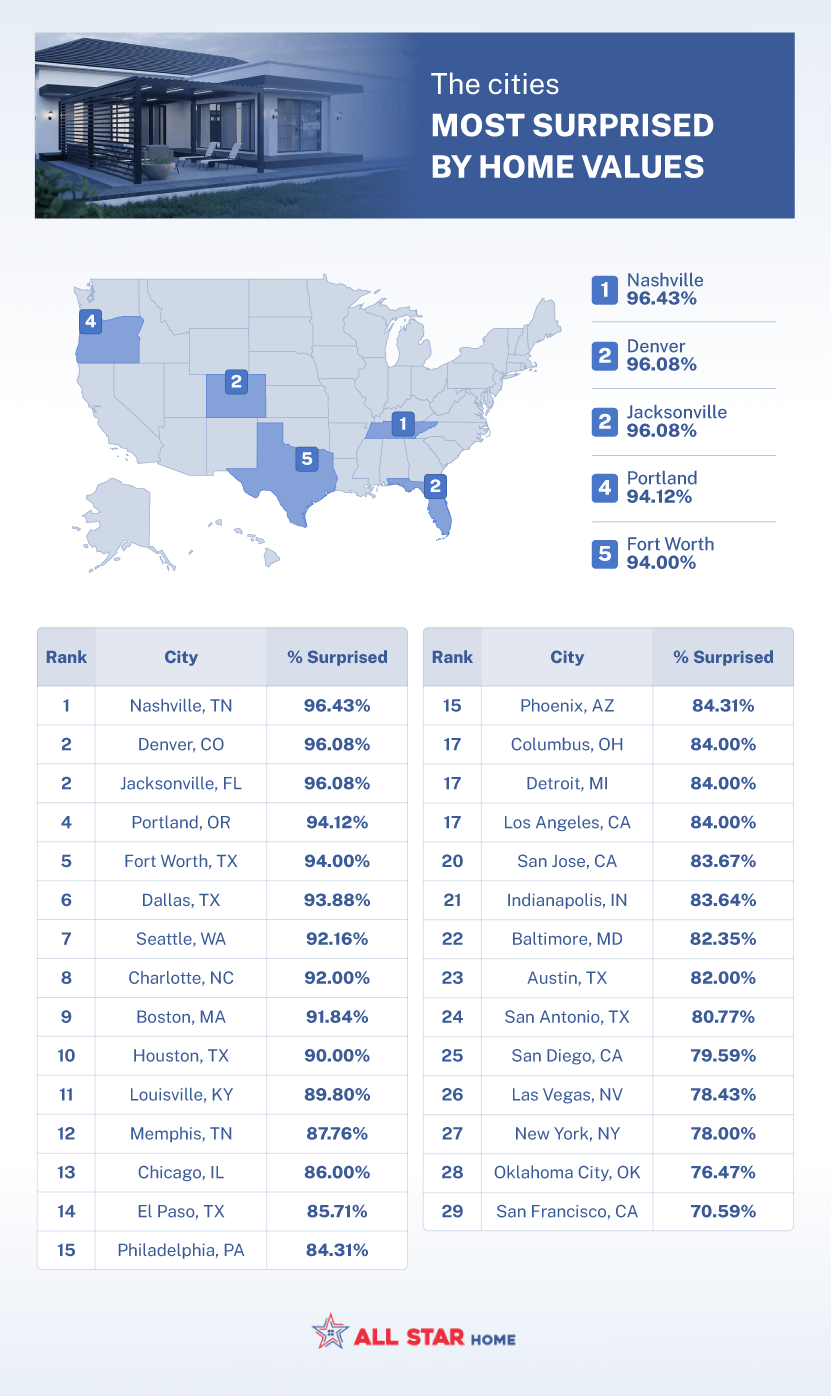
No More Guesswork
The journey of homeownership is often punctuated by those startling instances when we hazard a guess at a property’s market price, only to be brought back down to earth by the actual figures. In an ever-fluctuating market, home values have the potential to reach dizzying altitudes that defy our expectations.
At All Star Home, we understand that the foundation of a home’s worth is not just its market price, but also its condition and the quality of its upkeep. That’s why we’re dedicated to eliminating the uncertainty of home maintenance, offering a suite of services designed to preserve and even increase the value of your home.
Our repertoire of services encompasses the critical aspects of home care — from roof repair down to siding installation. We pair you with skilled professionals who are equipped not only to remedy the present issues but also to preempt potential problems, ensuring that every corner of your dwelling is in prime condition.
Methodology
On October 16-18, we conducted a comprehensive survey, involving 1,466 participants from the 29 most populous cities across the United States. To assess home value intuition, we presented each person with three pictures of homes for sale in their city. Each home was located in a popular, desirable neighborhood and had at least three bedrooms and two bathrooms. This established roughly the sense of the home that a person would get from walking or driving past it. Then we asked people to guess the home’s price, comparing their guesses to the actual list price. Participants ranged in age from 18 to 76 years old, and were 49% female, 49% male and 2% nonbinary.
To calculate each city’s home value intuition score, we assigned points to each respondent based on their deviation from actual prices, accounting for both overestimations and underestimations. This allowed us to calculate the percent difference between what participants guessed and what the actual home prices were. We used averages of these point totals to establish city rankings. We also rewarded participants for exact matches, recognizing exceptional precision in their estimations.
